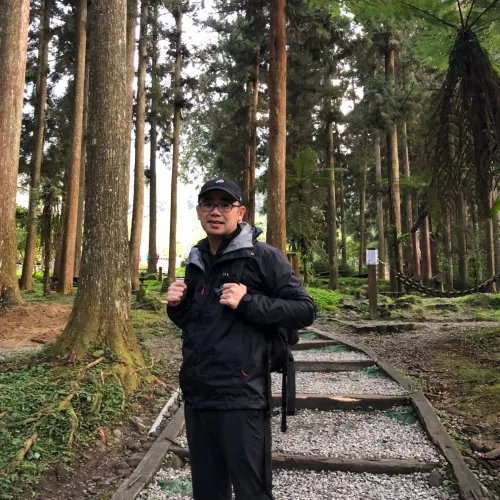
Bio
John Lin is a Professor in the Department of Atmospheric Sciences and the Associate Director of the Wilkes Center for Climate Science & Policy. He has over 20 years of experience researching the emissions and transport of greenhouse gases and atmospheric pollutants, publishing over 100 peer-reviewed journal papers to date. He was selected as a Earth Leadership Fellow in 2022 and participates regularly in national and international research efforts such as with the World Meteorological Organization and the European Union. John's research group (http://lair.utah.edu/) is carrying out greenhouse gas and air quality observations in the Salt Lake area, as well as in the Uinta Basin. John also works regularly with satellite observations from NASA to determine carbon emissions from cities around the world. He has recently served on the Great Salt Lake Strike Team to synthesize scientific knowledge and inform policy decisions surrounding the Great Salt Lake. John received his AB, AM, and PhD degrees from Harvard University.
Overview
The Great Salt Lake is the largest saltwater lake in the Western Hemisphere and the namesake of Salt Lake City, the capital of Utah. This large saline water body is the terminus of the closed drainage system called the Great Salt Lake Basin, where the vast majority of Utah’s population lives and whose water consumption has a direct impact on the Great Salt Lake. In the Fall of 2022, the lake level declined to historically low values, prompting an urgent need for data-informed policies. In response to this crisis, the Wilkes Center for Climate Science & Policy co-led the Great Salt Lake Strike Team, along with key agencies at the state level, to provide scientific insights surrounding the lake. Examples of these insights include a basic accounting of the lake’s water balance, the relative importance of climate change versus anthropogenic factors in lowering the lake level, and the air quality consequences due to dust emitted from the exposed lakebed. This talk will draw upon my experience as a member of the Strike Team, presenting a multi-faceted examination of the scientific and societal issues surrounding the Great Salt Lake and what is needed to save the lake.
